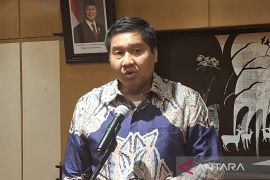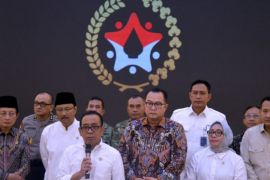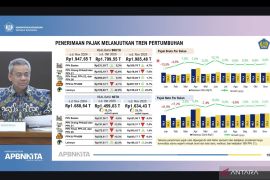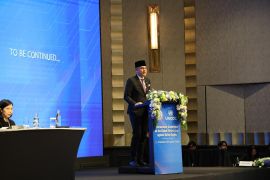"The Law Society of Kenya (LSK) has received lists of ex-Mau Mau fighters seeking compensation running into billions of shillings from the British government," LSK chief Apollo Mboya said in a statement.
The thousands of submissions follow an October 2012 test case ruling in London`s High Court, in which three elderly Kenyans were given the go-ahead to sue the British government.
Since then, one law firm has submitted more than 8,000 names while another has listed over 700 more, said the society, which is coordinating submissions.
The numbers will rise further with more names due to be submitted from the Kenya Human Rights Commission, which supported the initial test case, the statement added.
However, the process has been marred by "raging disputes" between competing Kenyan and British law firms, Mboya said, with the law society stepping in to mediate.
"We will follow the proceedings of the compensation cases filed in UK courts and also the professional conduct of the lawyers involved to ensure the victims are adequately compensated," Mboya added.
At least 10,000 people died during the 1952-1960 Mau Mau insurgency against British colonial rule and a brutal crackdown, with some sources giving far higher estimates.
More international attention at the time was given to the 32 white settlers murdered during the course of the uprising.
The test case trio, Paulo Muoka Nzili, Wambugu Wa Nyingi and Jane Muthoni Mara, were subjected to torture and sexual mutilation, the London court heard.
Many of those listed by lawyers are understood not to have actually carried a gun but to have been maltreated after they were accused of feeding or supplying the guerrillas.
The guerilla fighters -- often with dread-locked hair and wearing animal skins as clothes -- terrorised colonial communities.
Tens of thousands were detained, including US President Barack Obama`s grandfather.
London had initially argued that all liabilities were transferred to the new rulers of Kenya when the east African country was granted independence in 1963, but a court later ruled the claimants did have a valid case.
While the rise of the Mau Mau is now often seen as a key step towards Kenya`s independence, it also created bitter divisions within communities, with some joining the fighters and others serving the colonial power.
(Uu.B002)
Editor: Priyambodo RH
Copyright © ANTARA 2013












